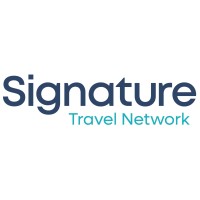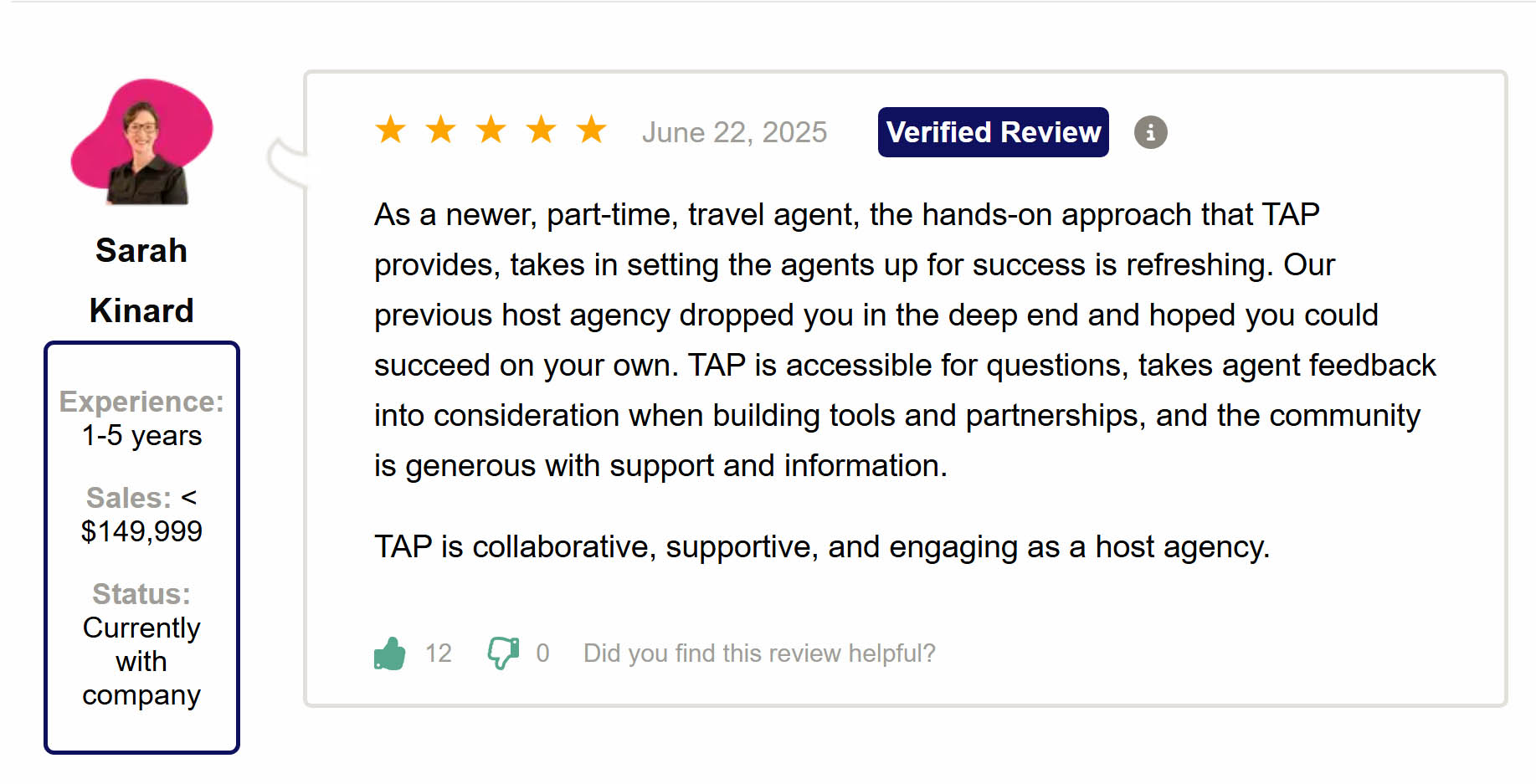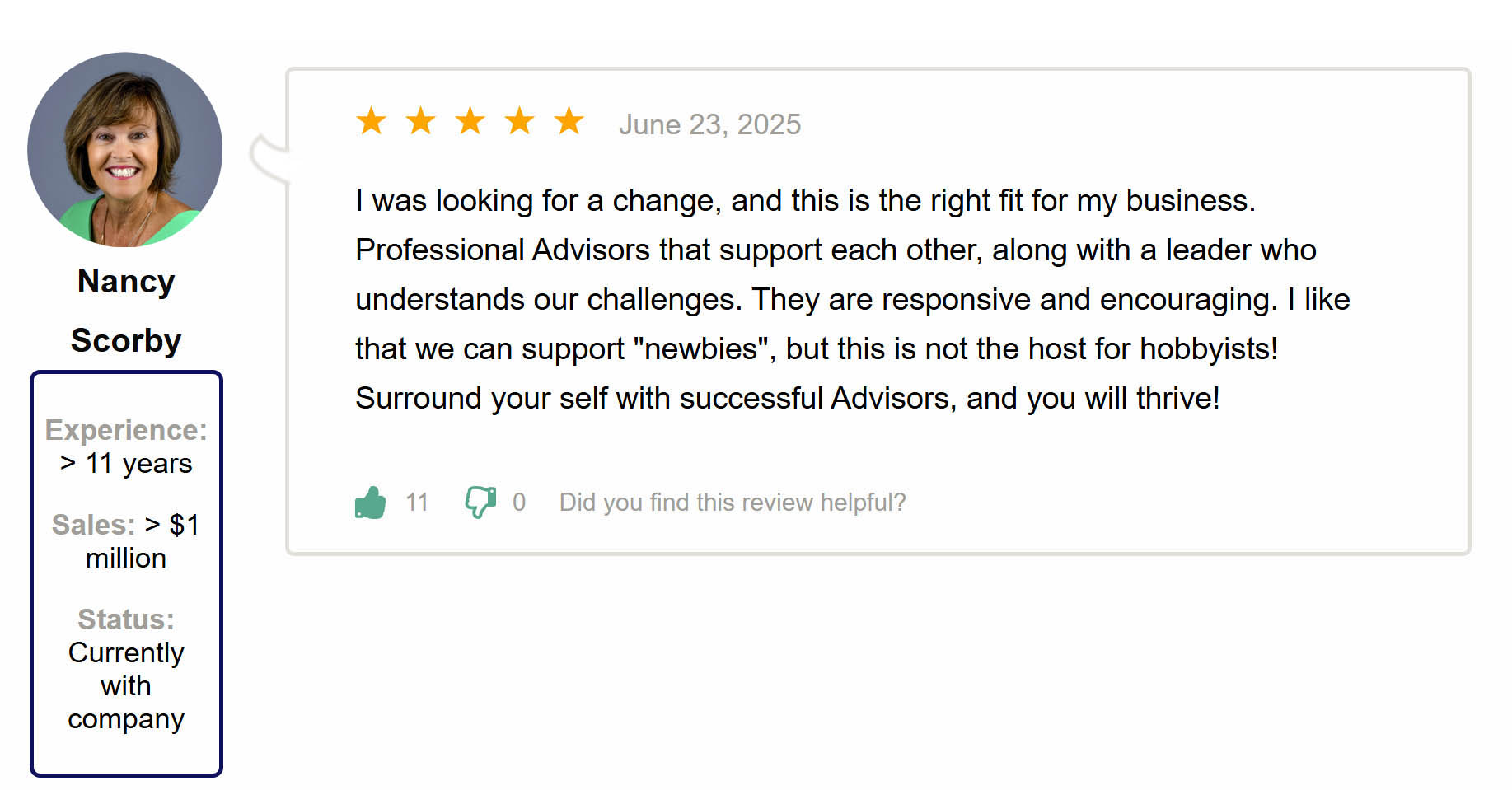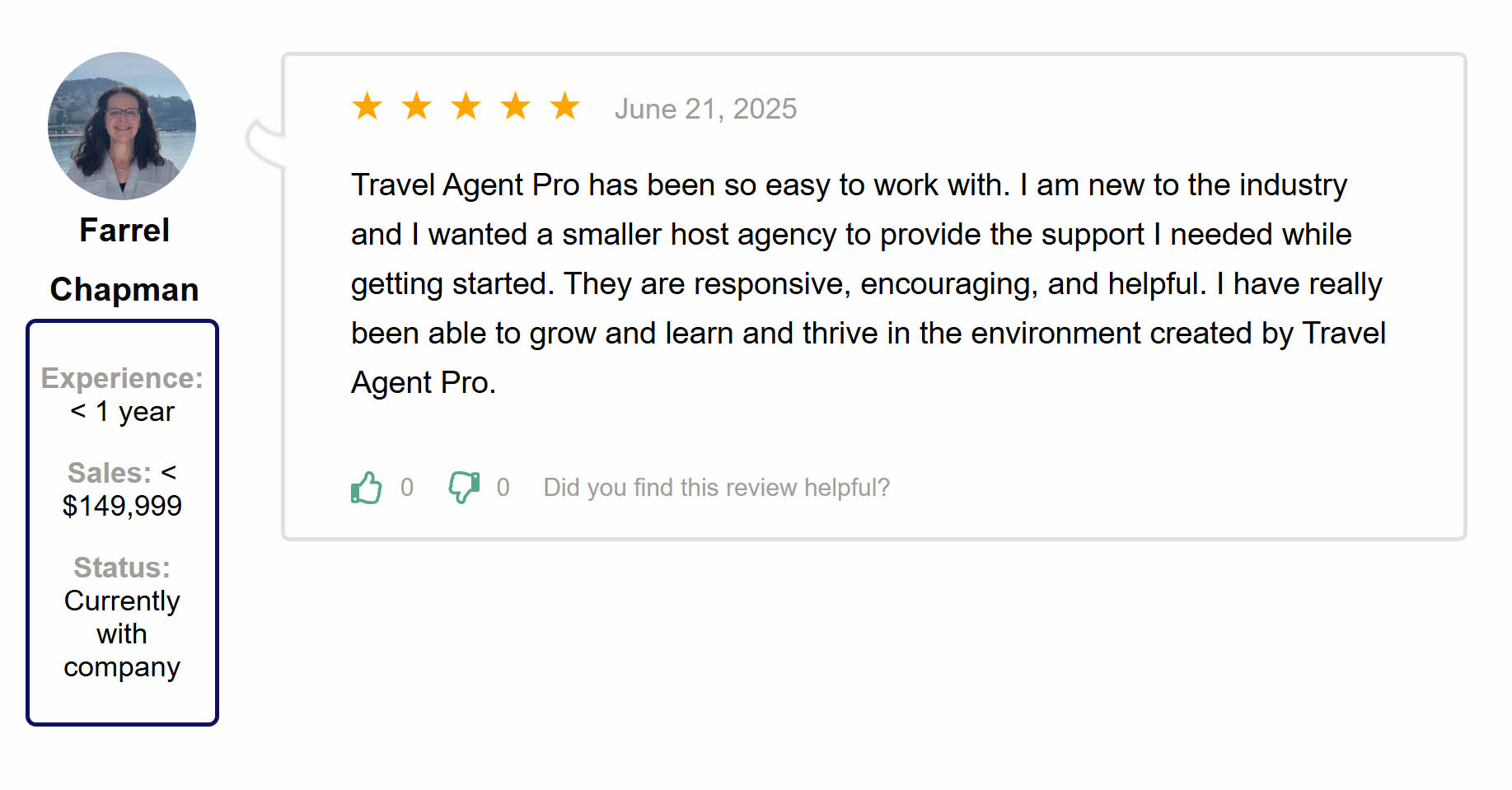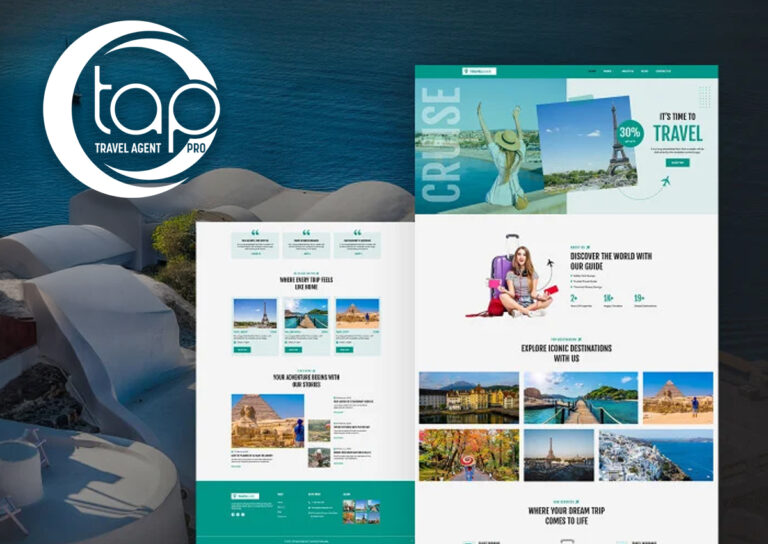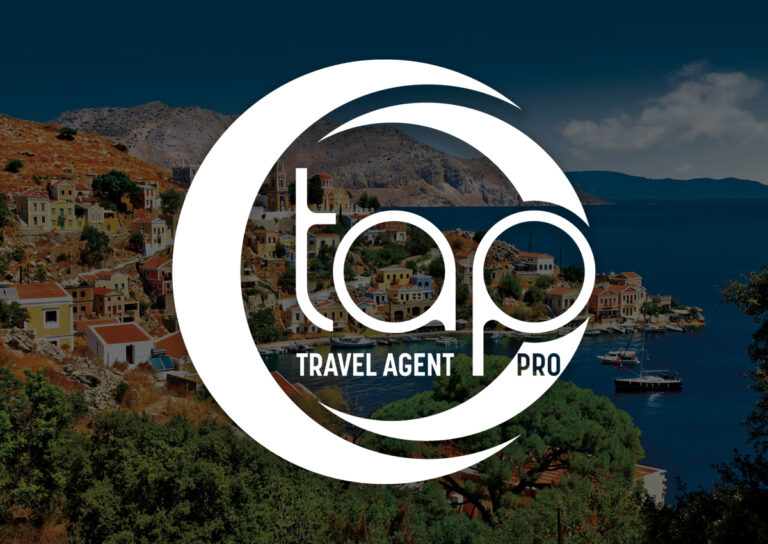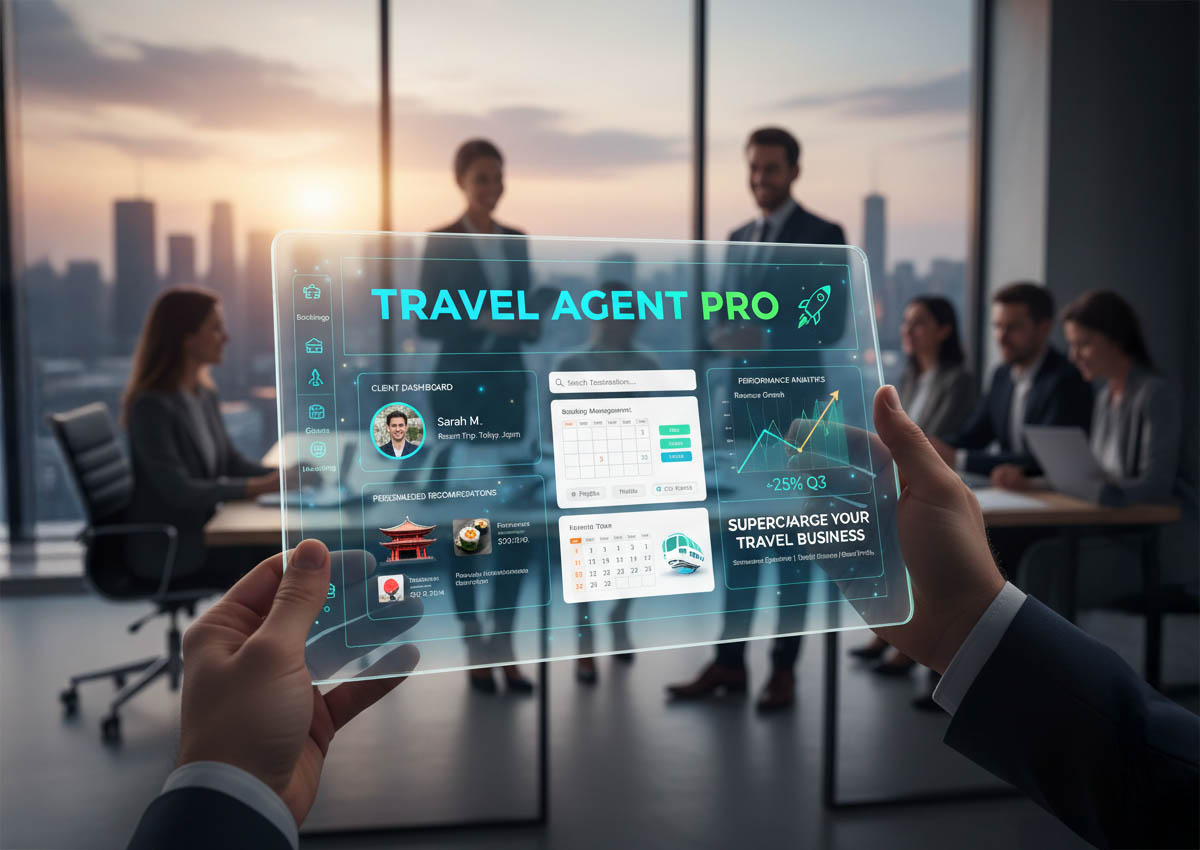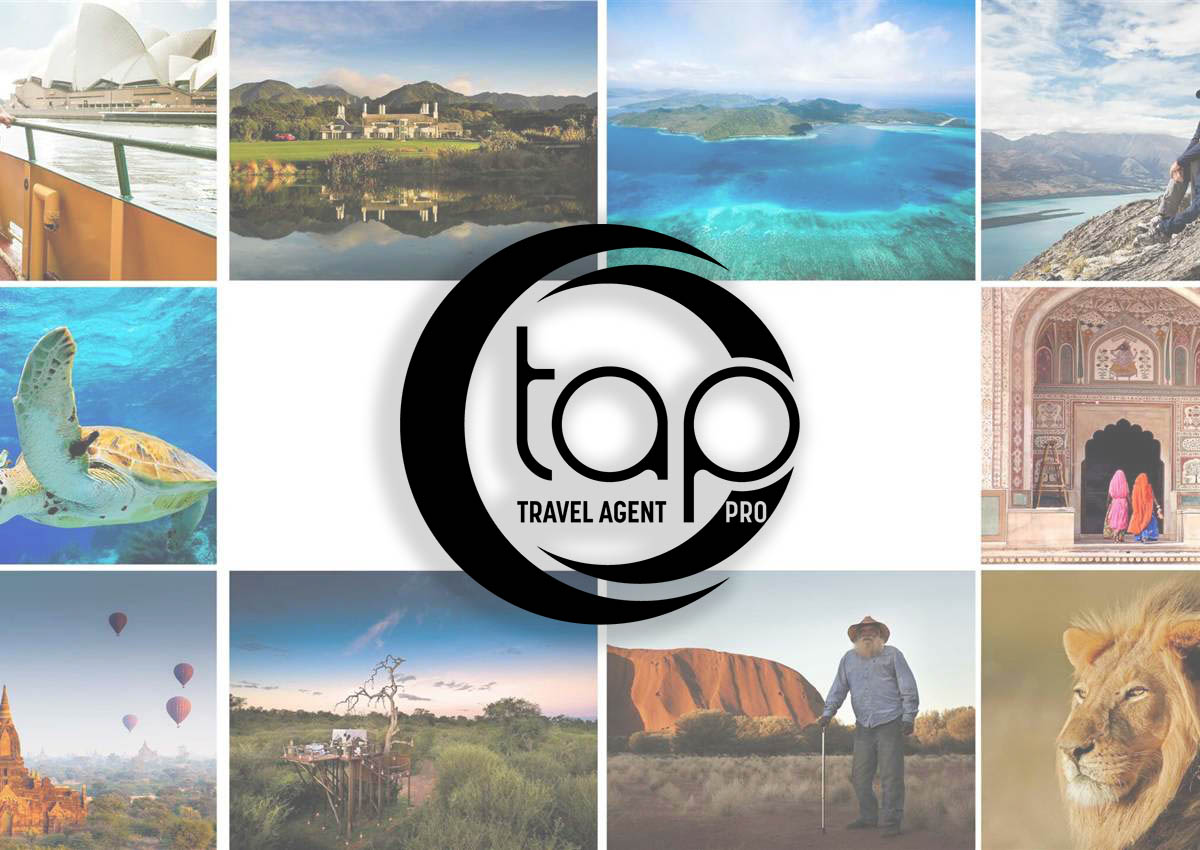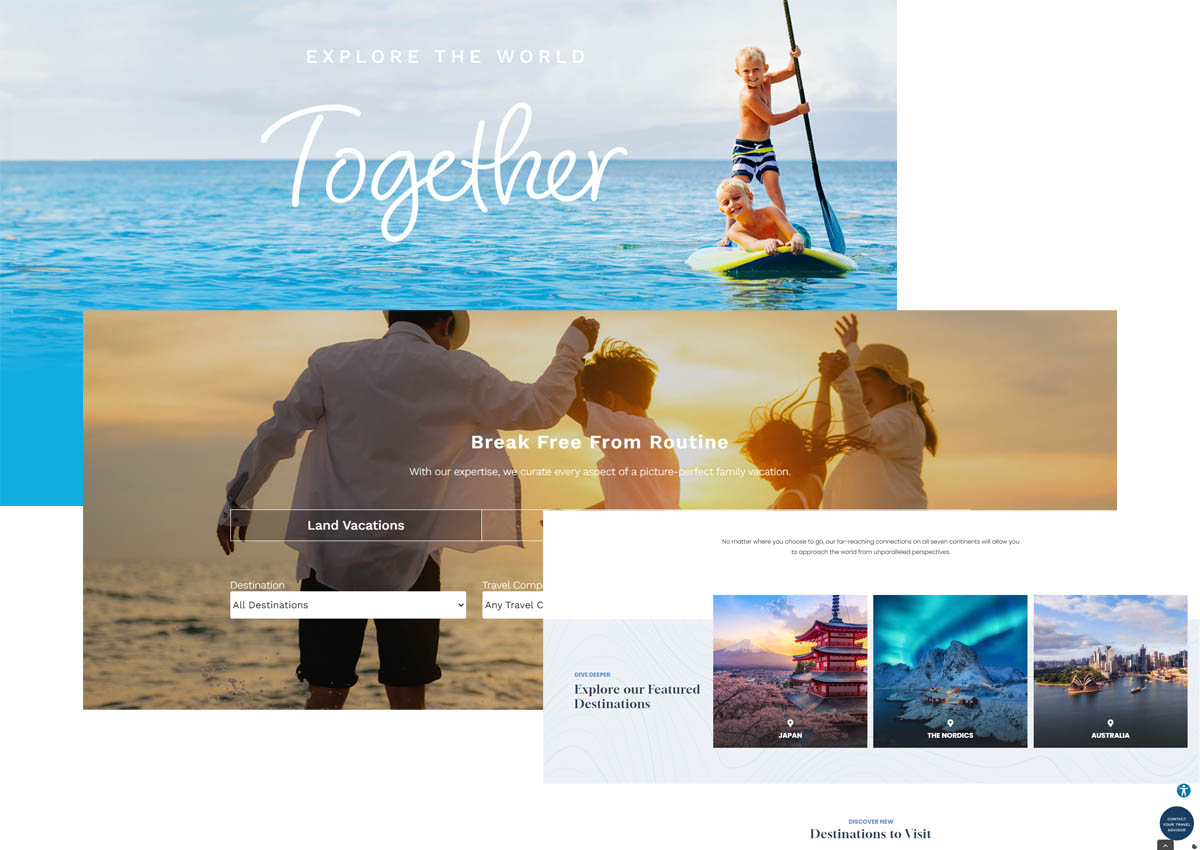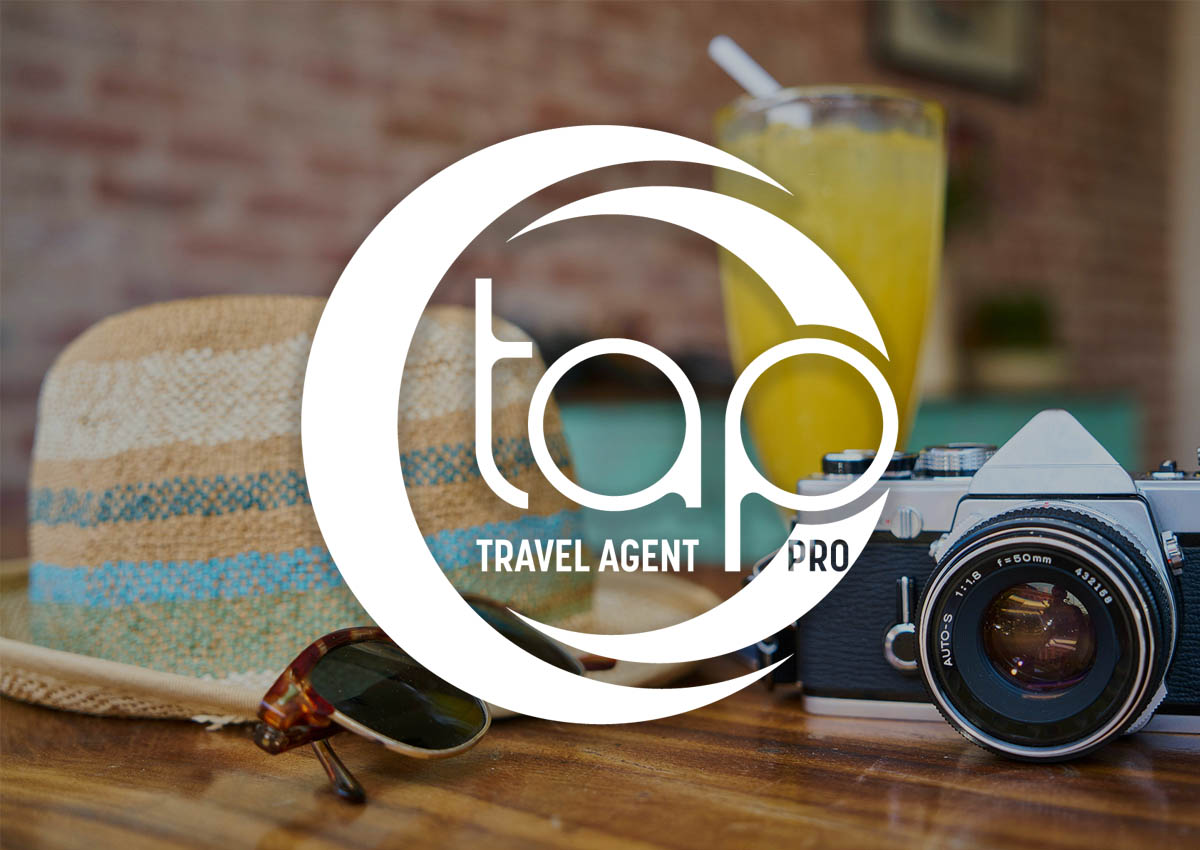Tags :
MarketingUltimate Guide to Partnership Marketing for Travel Agents
To learn more techniques and how to create and grow your own travel business, sign-up to become a member today!

- Unlock new client bases and revenue streams through strategic partnerships, expanding your reach beyond traditional marketing.
- Enhance your agency's credibility by aligning with trusted brands, reinforcing your reputation and attracting discerning travelers.
- Join Travel Agent Pro to gain access to a network of potential partners and resources to implement successful partnership marketing strategies.
Unlocking Growth Through Partnership Marketing: A Guide for Experienced Travel Agents
In the competitive world of travel, standing out and capturing client attention requires innovative strategies. Partnership marketing offers an exciting pathway to expand your client base, increase revenue, and strengthen your brand. As an experienced travel agent, understanding how to implement and leverage these partnerships can redefine your success.
What are some examples?
To help everyone better understand exactly what partnership marketing is, let's look at some examples.
Social Media Influencer Partnerships
Example: A small boutique travel agency collaborates with an Instagram influencer specializing in family travel. The influencer highlights the agency's vacation planning services in exchange for commissions or paid collaborations.
Benefit to Agents: Influencer campaigns generate referrals and position the agency as a trusted travel expert for a targeted audience.
Wedding and Event Planners
How it Works: Travel agents, such as those specializing in destination weddings or honeymoons, partner with wedding planners to provide travel packages for clients.
Benefit to Agents: Wedding planners recommend their clients to the travel agent, ensuring a steady stream of high-value bookings.

What is Partnership Marketing?
At its core, partnership marketing is a collaborative relationship between two entities—businesses or individuals—that mutually benefits both parties. For travel agents, this means creating alliances with complementary businesses to enhance offerings, expand market reach, and build trust through established relationships.
Partnership marketing allows travel agents to tap into trusted relationships and complementary services, creating a powerful way to reach new audiences, enhance credibility, and offer clients a richer travel experience. In a competitive industry, partnerships are not just a strategy—they’re a necessity for sustained growth and differentiation.
This approach taps into a universal truth: consumers are more likely to trust recommendations from brands they already know and respect. Unlike traditional advertising channels, partnership marketing focuses on leveraging trust to reach new audiences effectively.
Why Should Travel Agents Embrace Partnership Marketing?
Broaden Client Reach
Gain exposure to a partner’s client base, which may not overlap with your own.
Enhance Credibility
Associating with trusted brands reinforces your agency’s reputation.
Increase Revenue
Well-executed partnerships can lead to direct bookings and repeat business.
Improve Retention
Offering enriched services and exclusive deals keeps clients coming back.
Diversify Marketing Efforts
Partnership marketing creates a new revenue channel beyond traditional sales and advertising.
Types of Partnership Marketing for Travel Agents
1. Strategic Brand-to-Brand Partnerships
-
Collaborate with airlines, hotels, or tourism boards to create packages that appeal to niche markets.
-
Example: Partnering with a luxury cruise line to offer exclusive itineraries for your clients.
2. Influencer Marketing
-
Work with travel influencers who can showcase your services to their followers through authentic content.
3. Loyalty Program Collaborations
-
Align with businesses offering loyalty rewards that incentivize repeat bookings.
-
Example: Partnering with a credit card company for travel reward points.
4. Corporate Social Responsibility (CSR) Partnerships
-
Collaborate with eco-tourism initiatives or charitable organizations to attract socially conscious travelers.
5. Referral Partnerships
-
Establish agreements where other businesses refer clients to you in exchange for a commission or reciprocal referrals.
-
Example: Working with wedding planners to secure honeymoon bookings.

How Partnership Marketing Works
Effective partnership marketing requires a clear strategy. Here are the key steps:
-
Identify Potential Partners
-
Look for brands or individuals with similar target audiences but non-competing services.
-
-
Define Mutual Goals
-
Ensure the partnership is beneficial to both parties. For example, your partner may gain new leads, while you expand your client base.
-
-
Create Engaging Offers
-
Design promotions that incentivize clients to take advantage of the partnership. Exclusive discounts, bundled packages, or value-added services work well.
-
-
Leverage Digital Tools
-
Use partnership management platforms to streamline agreements, track performance, and manage payouts.
-
-
Maintain Strong Communication
-
Regularly update partners on campaign results, new offerings, and opportunities for collaboration.
-
Success Stories
Partnership marketing is not just theory; it’s a proven approach. Consider these examples:
-
Qantas and Airbnb: Travelers booking through Qantas earn points for Airbnb stays, benefiting both the airline and the accommodation provider.
-
Fabletics and Influencers: Using micro-influencers, Fabletics reached millions of potential customers, driving revenue and brand awareness.
For travel agents, similar successes can be achieved by aligning with relevant partners who share your vision.
Why It Matters Now
In a world where clients are inundated with choices, standing out requires building trust and offering unique value. Partnership marketing leverages existing relationships and consumer confidence to bridge the gap between your services and potential clients.
By embracing partnership marketing, you can transform your travel agency into a dynamic and sought-after brand, ensuring long-term growth and client loyalty. Ready to take the next step? Start identifying your ideal partners today!
Join Travel Agent Pro
Learn more about this by signing up as a member, today! Travel Agent Pro Application Form.
To learn more techniques and how to grow your travel business, read more on our Pathfinder Series.

